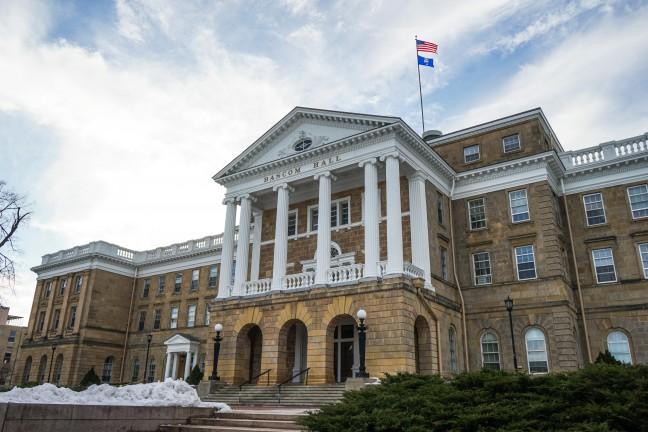Students, faculty, community members and elders of Wisconsin’s Native Tribes gathered Wednesday night around a “community healing circle” to raise awareness of sexual assault.
According to a recent Association of American Universities survey, 47 percent of female Native American students at University of Wisconsin reported being sexually assaulted.
Emily Nelis, a Wunk Sheek member, said female Native American students’ sexual assault rates are higher than those of any other ethnicities.
One in three Native American women is likely to experience sexual assault at least once in her lifetime — a fact that is evident on UW’s campus, Nelis said. The national rate of Native American women sexually assaulted is two and a half times higher than the overall national average, she said.
In addition, Nelis said 80 percent of Native American women are sexually assaulted by people outside of their communities, a fact Nelis said differs from most sexual assault victims who often know the person who assaulted them.
Samantha Pecone, a Wunk Sheek member, said it is hard to determine the exact reason for the higher rates of assault among Native American women, but she suspects one reason may be due to the hyper-sexualization of Native American women in the media.
Nelis also said she believes Native American women are being highly sexualized by society.
“You see Victoria Secret models with fake Native head dresses, Halloween costumes,” Nelis said. “All that just kind of creates the idea that Native women are sexualized, that Native women are objects and in turn our bodies are not respected as they should be.”
Nelis claimed because the university has not made sexual assault a priority, Wunk Sheek has been working closely with the Multicultural Student Center and UHS to address this problem.
The American Indian Campus and Community Coordinator Nichole Boyd and the Multicultural Student Center have taken on this problem, but Nelis said it is not enough.
The university should be in charge of campus sexual assault and organizing events to spread awareness across campus, Nelis said.
“To me, [the university’s lack of support] shows that Native American students on campus aren’t being represented as we should be,” Nelis said.


